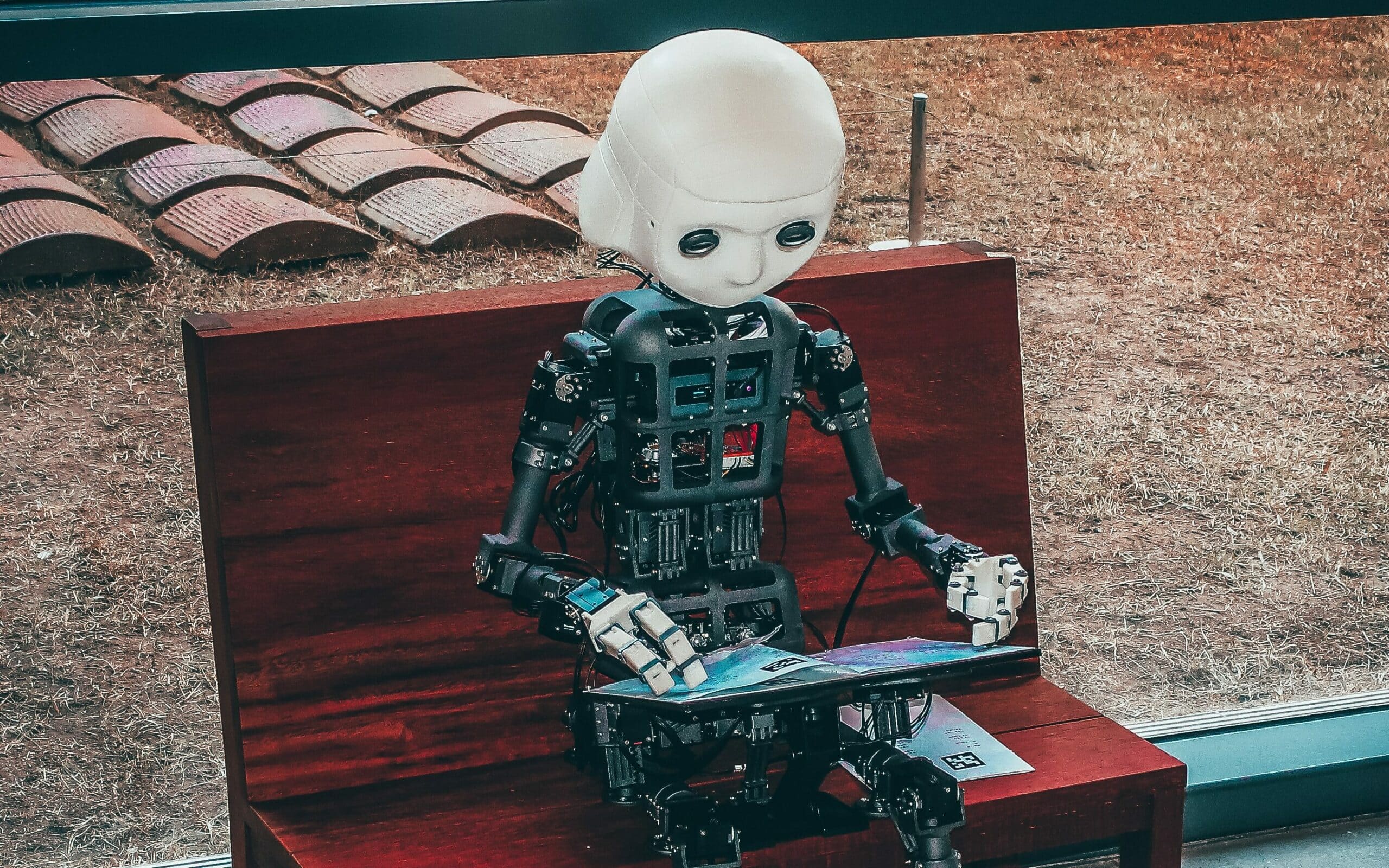Frontend development is a dynamic and ever-evolving field. As technology advances, developers are constantly adapting to new tools and techniques to create seamless and user-friendly web interfaces. In recent years, artificial intelligence (AI) has made its way into the developer’s toolkit, promising to streamline workflows and boost productivity. In this blog post, we’ll explore the impact of AI on the everyday work of frontend developers, with a focus on tools like GitHub Copilot and ChatGPT. We’ll discuss their benefits and disadvantages and highlight why human developers remain irreplaceable in certain aspects of the design process.
The Rise of AI in Frontend Development
AI is transforming the way developers work, and one of the most notable tools leading this revolution is GitHub Copilot. Copilot is an AI-powered code assistant that helps developers write code faster by providing suggestions and auto-completions in real time. It leverages machine learning to understand the context of your code and offers relevant code snippets and documentation, making coding more efficient.
Benefits of Copilot for Frontend Developers:
- Enhanced Productivity: Copilot can save developers significant amounts of time by suggesting code and reducing the need to look up documentation for common tasks and functions.
- Improved Code Quality: It helps catch potential errors and inconsistencies in code, improving overall code quality and reducing the likelihood of bugs.
- Learning Opportunities: Copilot can be a valuable learning tool for developers, as it provides insights into best practices and coding patterns.
Disadvantages of Copilot:
- Overreliance: There’s a risk of developers becoming overly dependent on Copilot, potentially hindering their ability to problem-solve and think critically about code.
- Limited Context Understanding: While Copilot is impressive, it doesn’t always understand the broader project context or specific design requirements, which can lead to code that doesn’t fit the project’s needs.
ChatGPT in Frontend Development
ChatGPT, like GitHub Copilot, is another AI tool that can assist developers in various ways. While it excels at generating human-like text and providing answers to questions, its applications in frontend development are slightly different.
Benefits of ChatGPT for Frontend Developers:
- Documentation and Research: ChatGPT can quickly provide answers to coding questions or explain complex concepts, reducing the time spent searching through documentation.
- Brainstorming and Ideation: It can help developers brainstorm design ideas, user interface improvements, or even content for web applications.
- Natural Language Interface: Developers can interact with ChatGPT in natural language, making it easier to communicate ideas and get quick responses.

Disadvantages of ChatGPT:
- Lack of Coding Context: ChatGPT lacks an understanding of the code context, which means it may not provide code-specific recommendations or understand the intricacies of frontend development.
- Code Generation Limitations: While ChatGPT can generate code snippets, they may not always align perfectly with project requirements, and manual adjustments are often necessary.
The Irreplaceable Human Touch
While AI tools like Copilot and ChatGPT offer valuable assistance to frontend developers, they cannot replace the human eye and creativity in certain aspects of web development. Here are some reasons why human developers remain indispensable:
- Design and User Experience: Crafting an exceptional user interface and user experience (UI/UX) requires a deep understanding of human behavior, aesthetics, and context. AI lacks the human touch needed to create designs that resonate with users.
- Creativity and Innovation: Developers are responsible for generating innovative ideas and unique solutions to complex problems. AI may assist in execution but cannot replace the human qualities of creative thinking and innovation.
- Project Understanding: Developers have an intimate knowledge of project goals, client needs, and the nuances of specific industries. This context-awareness is difficult for AI to replicate.
- Collaboration and Communication: Effective communication and collaboration among team members are crucial in frontend development. AI cannot replace the interpersonal skills and teamwork that developers bring to the table.
Conclusion
AI, exemplified by tools like GitHub Copilot and ChatGPT, is undoubtedly changing the landscape of frontend development. These tools offer significant benefits in terms of productivity and assistance in coding-related tasks. However, it’s essential to recognize their limitations and the irreplaceable value of human developers in areas that demand creativity, design expertise, and a deep understanding of project context. While AI is a powerful ally, the frontend developer’s work remains indispensable for crafting exceptional web experiences. The future of frontend development lies in finding the right balance between AI assistance and human ingenuity.
We believe we’ve found the right balance at Aries. Contact us today!
